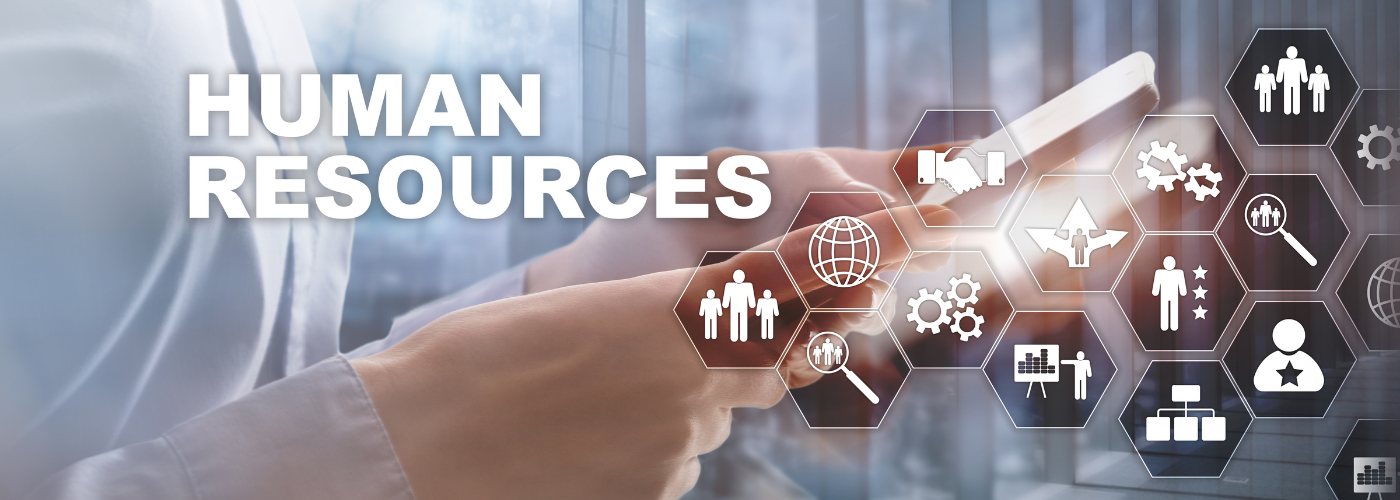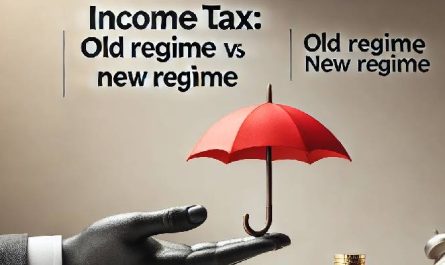Achieving a healthy work-life balance is a perennial challenge in today’s fast-paced and interconnected world. As professionals navigate demanding careers, the need to harmonize work commitments with personal well-being has become increasingly crucial. This balance isn’t just about time management; it’s about prioritizing health, relationships, and personal fulfillment alongside professional success. In this discussion, we explore strategies to cultivate this equilibrium, recognizing its profound impact on both individual satisfaction and organizational productivity.
Human Resources (HR) departments play a pivotal role in fostering and supporting work-life balance for employees within marketing agencies. Here are several ways HR can contribute to achieving this balance:
- Policy Development: HR professionals can develop and implement policies that promote work-life balance, such as flexible working hours, remote work options, and paid time off policies. They ensure these policies align with both organizational goals and employee needs.
- Benefits and Wellness Programs: HR can design and manage benefits packages that support work-life balance, including health and wellness initiatives, childcare assistance, gym memberships, and mental health resources. These programs aim to enhance employee well-being and reduce stress.
- Educational Programs: HR departments can provide training and workshops on time management, stress reduction, and maintaining boundaries between work and personal life. These initiatives empower employees to effectively manage their workload and prioritize their well-being.
- Support for Managers: HR plays a role in training managers to recognize signs of burnout and stress among their teams. They provide guidance on fostering a supportive work environment, encouraging open communication, and accommodating employees’ personal needs.
- Flexible Work Arrangements: HR facilitates negotiations for flexible work arrangements, such as part-time schedules, compressed workweeks, job sharing, and telecommuting. These options allow employees to better manage their personal commitments while maintaining productivity.
- Employee Assistance Programs (EAPs): HR can administer EAPs that offer confidential counseling and support services for employees facing personal or work-related challenges. EAPs can help employees address issues that impact their well-being and work performance.
- Culture and Values: HR helps cultivate a supportive organizational culture that values work-life balance. They encourage leaders to role model healthy behaviors and promote a culture where employees feel comfortable taking breaks, utilizing time off, and maintaining boundaries.
- Feedback and Surveys: HR conducts employee surveys and gathers feedback to assess the effectiveness of work-life balance initiatives. They use this data to refine policies and programs that better meet employees’ needs and expectations.
Overall, HR departments serve as advocates for work-life balance by creating policies, programs, and a supportive culture that enable employees to thrive both professionally and personally. By prioritizing employee well-being, marketing agencies can enhance retention, engagement, and overall performance.





